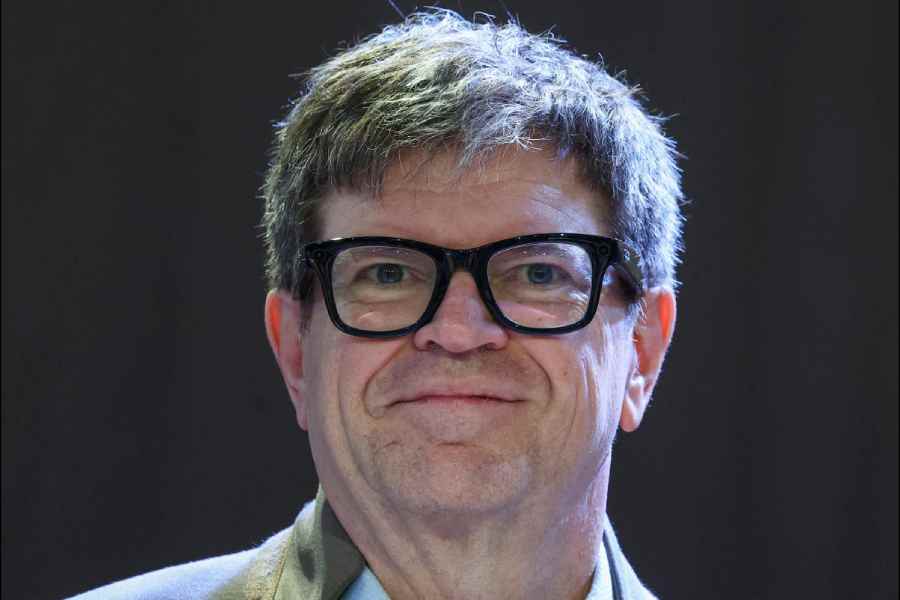Meta’s chief AI scientist and Turing Award winner Yann LeCun will leave the company to launch his own AI start-up that specialises in a form of AI technology known as world models.
The French–American scientist is making his exit at a time when CEO Mark Zuckerberg has overhauled Meta’s AI operations, spending billions to acquire top talent from across the industry, including a $14.8-billion investment in data-labelling start-up Scale AI, which resulted in Alexandr Wang joining Meta and becoming chief AI officer.
The 65-year-old said on social media that he is creating a start-up to “continue the Advanced Machine Intelligence research programme (AMI)…. The goal of the start-up is to bring about the next big revolution in AI: systems that understand the physical world, have persistent memory, can reason, and can plan complex action sequences".
The exit closes a chapter for Meta’s AI research division, FAIR, where LeCun had served as a founding director.
Often called one of the “godfathers” of the AI industry, LeCun said the technology he is working on "will have far-ranging applications in many sectors of the economy, some of which overlap with Meta’s commercial interests, but many of which do not. Pursuing the goal of AMI in an independent entity is a way to maximise its broad impact".
Zuckerberg hired the New York University professor in 2013 as Facebook (as the company was then known) began investing in AI-related technology, and LeCun won the 2018 Turing Award (along with fellow AI pioneers Yoshua Bengio and Geoffrey Hinton) — the highest honour in computer science — for his work on neural networks.
It has been a mixed year for the company’s AI team, with the Llama 4 model receiving a tepid reception compared with advanced offerings from Google, OpenAI and Anthropic.
LeCun has been outspoken about his belief that companies are mistaken in focusing on large language models, or LLMs, as the route to reaching human-level intelligence in AI systems. He argues that world models such as JEPA offer a better strategy.
LeCun has also been a vocal supporter of open-sourcing AI technology, but The New York Times reported earlier this year that Wang discussed abandoning the company’s most powerful open-source AI model. In a podcast last year, Zuckerberg said: “We’re obviously very pro open source, but I haven’t committed to releasing every single thing that we do.”
Last month, Meta Platforms axed around 600 jobs from the company’s AI unit.
On Thursday, the world’s most valuable company, Nvidia, delivered a strong revenue forecast, pushing back on claims that the AI industry is in a bubble. “There’s been a lot of talk about an AI bubble,” Nvidia CEO Jensen Huang said on a conference call with analysts. “From our vantage point, we see something very different.”
Earlier in the week, Sundar Pichai, CEO of Google, said in an interview with BBC News that “no company is going to be immune” to the impact of an AI bubble bursting.
US President Donald Trump is considering signing an executive order that would challenge individual states' ability to regulate artificial intelligence.
LeCun will be “sticking around Meta until the end of the year”.











